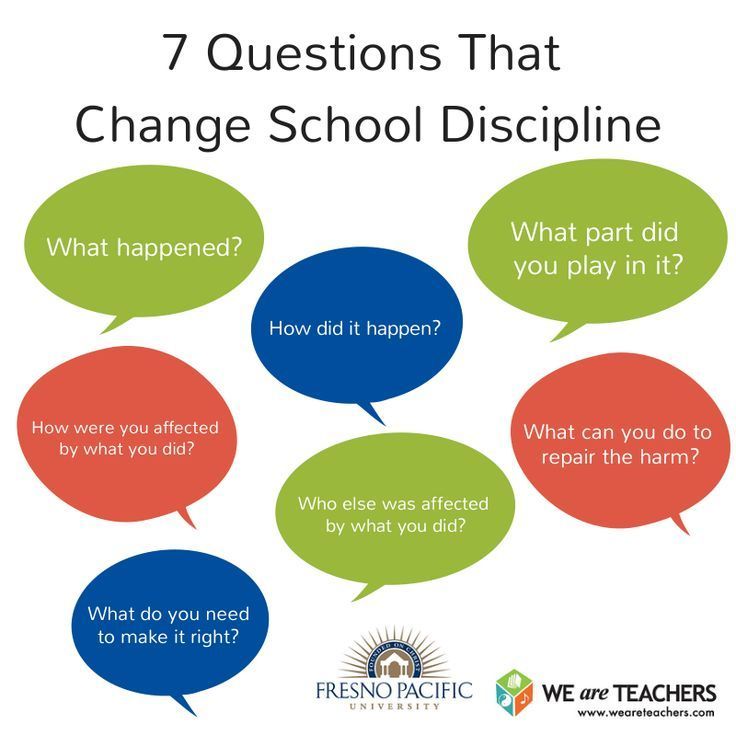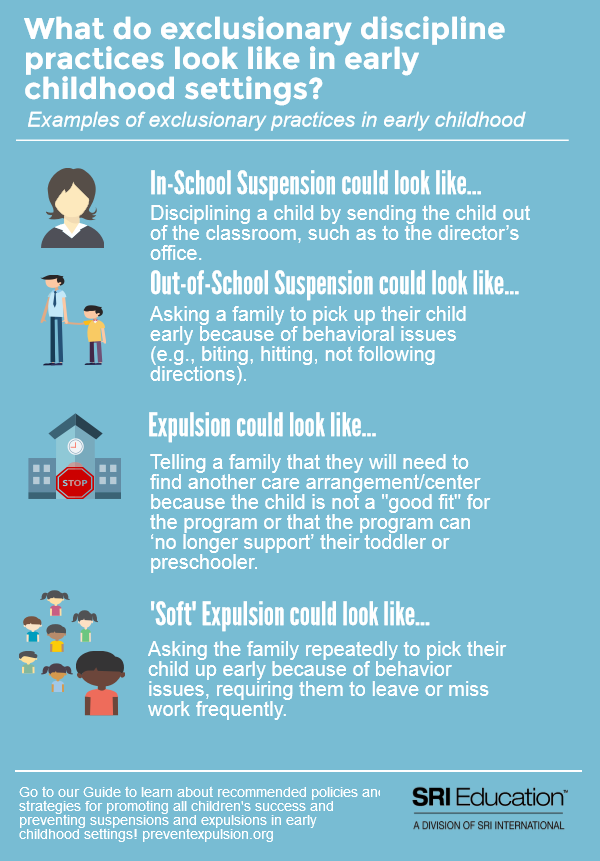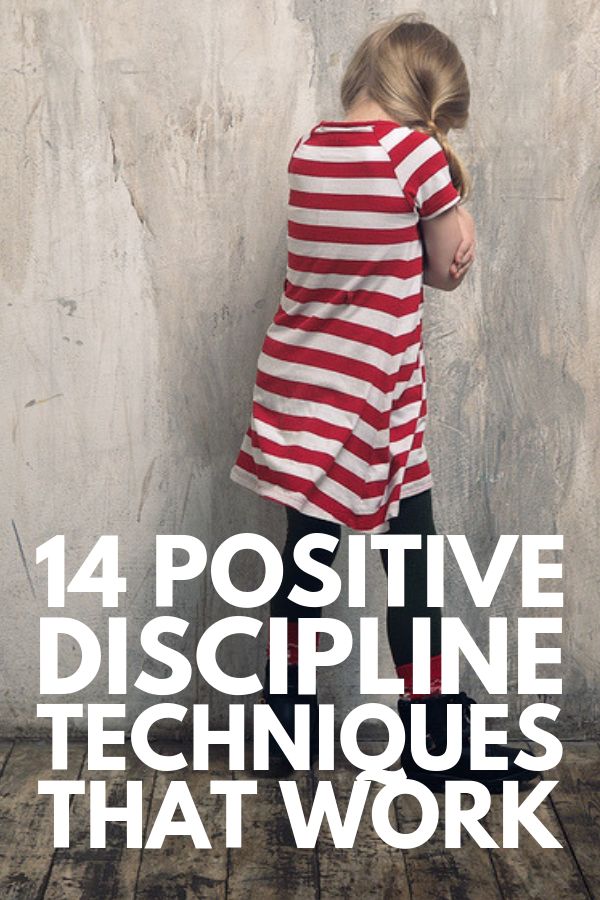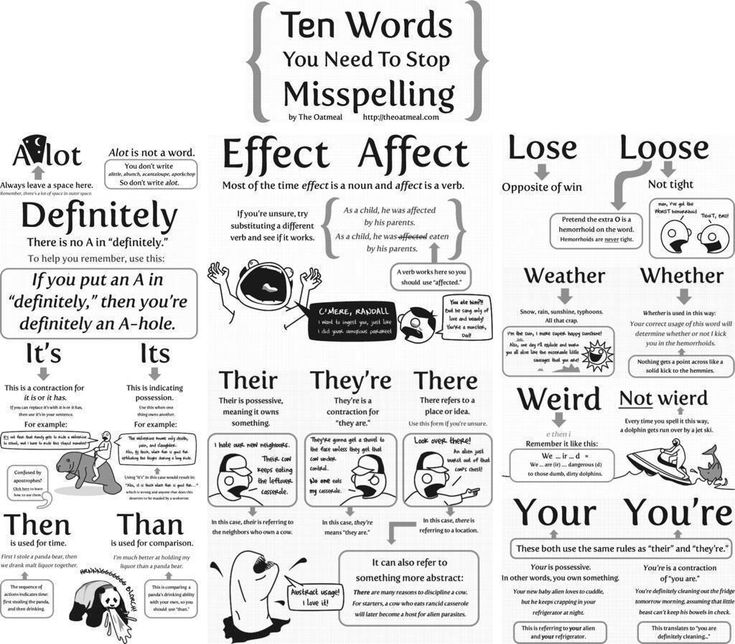How to discipline a child that steals
Stealing in Children and Adolescents
Stealing in Children and Adolescents
No. 12; Updated December 2017
When a child or teenager steals, parents are naturally concerned. They worry about what caused their child to steal, and they wonder whether their son or daughter is a "juvenile delinquent."
It is normal for a very young child to take something which excites his or her interest. This should not be regarded as stealing until the youngster is old enough, usually three to five years old, to understand that taking something which belongs to another person is wrong. Parents should actively teach their children about property rights and the consideration of others. Parents are also role models. If you come home with stationary or pens from the office or brag about a mistake at the supermarket checkout counter, your lessons about honesty will be a lot harder for your child to understand.
Although they have learned that theft is wrong, older children or teenagers steal for many reasons. A youngster may steal to make things equal if a brother or sister seems to be favored with affection or gifts. Sometimes, a child may steal as a show of bravery to friends, or to give presents to family or friends or to be more accepted by peers. Children may also steal because they might not want to depend on anyone, so they take what they feel they need.
Parents should consider whether the child has stolen out of a need for more attention. In these cases, the child may be expressing anger or trying to "get even" with his or her parents; the stolen object may become a substitute for love or affection. The parents should make an effort to give more recognition to the child as an important family member.
If parents take the proper measures, in most cases the stealing stops as the child grows older. Child and adolescent psychiatrists recommend that when parents find out their child has stolen, they:
- tell the child that stealing is wrong
- help the youngster to pay for or return the stolen object
- make sure that the child does not benefit from the theft in any way
- avoid lecturing, predicting future bad behavior, or saying that they now consider the child to be a thief or a bad person
- make clear that this behavior is totally unacceptable within the family tradition and the community
When the child has paid for or returned the stolen merchandise, the matter should not be brought up again by the parents, so that the child can begin again with a "clean slate. "
"
If stealing continues or is present in a child with other problem behaviors or symptoms, the stealing may be a sign of more serious problems in the child's emotional development or problems in the family. Children who repeatedly steal may also have difficulty trusting others and forming close relationships. Rather than feeling guilty, they may blame the behavior on others, arguing that, "Since they refuse to give me what I need, I will take it." These children would benefit from an evaluation by a mental health provider
In treating a child who steals persistently, a mental health provider will evaluate the underlying reasons for the child's need to steal, and develop a plan of treatment. Important parts of treatment can be helping the child form trusting relationships and helping the family to direct the child toward a healthier path of development.
If you find Facts for Families© helpful and would like to make good mental health a reality, consider donating to the Campaign for America’s Kids. Your support will help us continue to produce and distribute Facts for Families, as well as other vital mental health information, free of charge.
Your support will help us continue to produce and distribute Facts for Families, as well as other vital mental health information, free of charge.
You may also mail in your contribution. Please make checks payable to the AACAP and send to Campaign for America’s Kids, P.O. Box 96106, Washington, DC 20090.
The American Academy of Child and Adolescent Psychiatry (AACAP) represents over 10,000 child and adolescent psychiatrists who are physicians with at least five years of additional training beyond medical school in general (adult) and child and adolescent psychiatry.
Facts for Families© information sheets are developed, owned and distributed by AACAP. Hard copies of Facts sheets may be reproduced for personal or educational use without written permission, but cannot be included in material presented for sale or profit. All Facts can be viewed and printed from the AACAP website (www.aacap.org). Facts sheets may not be reproduced, duplicated or posted on any other website without written consent from AACAP. Organizations are permitted to create links to AACAP's website and specific Facts sheets. For all questions please contact the AACAP Communications Manager, ext. 154.
Organizations are permitted to create links to AACAP's website and specific Facts sheets. For all questions please contact the AACAP Communications Manager, ext. 154.
If you need immediate assistance, please dial 911.
Copyright © 2023 by the American Academy of Child and Adolescent Psychiatry.
Why Kids Steal -- and What to Do About It
Find out why kids steal, and discover how to put an end to a stealing.
In this article, you will find:
- Page 1
- Page 2
Page 1
Why Kids Steal -- and What to Do About It
Point 1: Kids steal. Little kids steal a lot—from poor impulse control. It's a developmental stage; they want it, they take it. Older kids often steal, too. Your child is probably not evil or destined for life in prison.
It's a developmental stage; they want it, they take it. Older kids often steal, too. Your child is probably not evil or destined for life in prison.
Point 2: Of course it's not acceptable. It's embarrassing, shocking, and angering.
In this section, we'll talk about petty, occasional small-scale stealing.
Kids steal for any number of reasons:
- Poor impulse control, as I mentioned above.
- To be cool and impress her friends.
- When somebody else has a one-of-a-kind something she wants or needs.
- To get back at somebody (stealing a bully's lunch money).
- When she wants or needs something, she doesn't have enough money, and you can't afford it either.
- When she's afraid to ask you for the money for this particular object (condoms, a bra), or feels too embarrassed to purchase it.
- When she may not be able to legally purchase something (beer, cigarettes).
- Because it's fun; kids enjoy taking risks, and in a society that is careful to protect kids as much as possible, stealing provides a risky, thrill-provoking activity.

- During times of stress. What else is going on in your child's life?
It's a Good Idea!
When your child is caught stealing, try to emotionally separate yourself from the action. The fact that your kid is stealing is not a reflection on your parenting skills. Take comfort in the fact that most kids who steal do it only occasionally, as a crime of opportunity. And most do it poorly (which is why they get caught).
It's a Good Idea!
If your child needs to pay off damages and she doesn't have any money, you can pay the damages and have her work off her debt. Be fair now! Consider keeping the consequence more in line with the misbehavior than the actual monetary amount of damages. The main idea is to teach her to never do it again. You might take some of it as a financial loss, with an eye for the future.
Here's what you can do if your child is caught stealing (or if you catch her yourself):
- Use disapproval. Immediately make it clear that you don't tolerate this behavior.
 No, it's not okay.
No, it's not okay. - Talk with your child. Try to determine why she's stealing, what the motivation is, if this is a regular thing, if she's done it before. Don't grill her. Don't berate, embarrass, scare, or ridicule your child, unless you want to end the conversation and gain no information at all.
- Talk about values and ethics. Keep this part short, not a lecture, just a reminder.
- Have the child make restitution, helping her if you need to. This means she needs to return the merchandise, or pay off damages.
- Tell your child that you are watching her behavior, that she has lost some trust, and that she needs to re-earn it.
- Assess the situation. Be honest with yourself. Is there a pattern here? If your kid is stealing frequently, or the stealing is combined with other misbehaviors, seek professional help.
Next: Page 2
The child steals. Punish or forgive?
Komsomolskaya Pravda
SocietySociety: PEDSOVIET
Svetlana DANILOVA
March 19, 2009 1:00
Her eight-year-old son Max was caught stealing at school. At recess, I stole a new pencil case from my neighbor. For a young mother, the child's prank turned into deep stress. It was embarrassing to look into the teacher's eyes. And Maksimkin's dad, Oleg, even took up the belt. nine0004
At recess, I stole a new pencil case from my neighbor. For a young mother, the child's prank turned into deep stress. It was embarrassing to look into the teacher's eyes. And Maksimkin's dad, Oleg, even took up the belt. nine0004
- He has these pencil cases - at least open a stationery store! - in tears complains Rita. - What is it, there are not enough of his own?!
It's true, I've never seen Max need anything. The suits are from good stores, the knapsack is the most fashionable. Ritka and Oleg love their son and find time to communicate with him. And the thief grows?
Many parents catch children stealing. And often the “grabbing hands” of a child lead to completely unchildish conflicts - with relatives, classmates, teachers. Just because for us adults, stealing means to behave badly, to break the laws. And for them, children? We talked about this with a family and child psychologist, an employee of the psychological center "On Volkhonka" Maria Serebryakova. nine0004
BRAIN, NOT EDUCATION IS TO LAULT
Children's theft begins in the yard sandbox. Most kids, as soon as they find themselves among their peers, they strive to take something worthwhile from another little one. A car, a toy or a bucket with molds. Parents of little thieves immediately sprinkle ashes on their heads: they raised them poorly! But it's not always the case.
Most kids, as soon as they find themselves among their peers, they strive to take something worthwhile from another little one. A car, a toy or a bucket with molds. Parents of little thieves immediately sprinkle ashes on their heads: they raised them poorly! But it's not always the case.
- At a very early age, - comments Maria Serebryakova, - a child personifies himself with a toy. A bear or a doll is a continuation of his inner world. Therefore, it is so easy for very young children to appropriate someone else's and it is difficult to share their own. The kid, whether he is three years old or even nine years old, sometimes behaves unconsciously. In fact, the basis of such theft is that the child has not yet fully formed some parts of the brain. They are responsible for controlling behavior and controlling emotions. nine0004
Psychologists even conducted an experiment: children 4-5 years old were locked alone in a room and put their favorite sweet on the table. Candy or cookies could be enjoyed right this minute. But if you wait 10 minutes, the child would be given three more exactly the same sweets. The most surprising thing is that out of a hundred children, either two or four were able to restrain themselves.
But if you wait 10 minutes, the child would be given three more exactly the same sweets. The most surprising thing is that out of a hundred children, either two or four were able to restrain themselves.
For a small child, taking someone else's thing is the same as eating a chocolate bar.
IF MOTHER IS A WEAK LINK
But it is one thing - theft as a prank among children of preschool and primary school age. Another thing is when a fifteen-year-old overgrowth cynically empties his parent's wallet every other day.
Vanya is fifteen. His parents divorced when the guy went to first grade. Mom is making a career. Dad is a solid businessman. Every time, after the boy comes to visit his father, another mobile phone, a leather jacket, or a large amount of money disappear from the apartment. And the next day, Vanya suddenly has a new game console or fancy player. nine0004
- Almost all the cases I've come across in my practice are similar to Vanya's, - the psychologist sighs. - Divorce. A tough father who pours out his love for his offspring in the form of rare gifts. A soft mother raising her son alone and forced to spend most of her time not at the stove, but at meetings. And therefore experiencing a terrible complex of guilt. She does everything she can for her neglected child. And the child is rude in response. And yes, it steals. In the language of psychologists, the trouble with such families is that the hierarchy is not maintained in relations between its members. The child controls adults, manipulates them. Considers himself cool, and parents - a weak link. nine0004
- Divorce. A tough father who pours out his love for his offspring in the form of rare gifts. A soft mother raising her son alone and forced to spend most of her time not at the stove, but at meetings. And therefore experiencing a terrible complex of guilt. She does everything she can for her neglected child. And the child is rude in response. And yes, it steals. In the language of psychologists, the trouble with such families is that the hierarchy is not maintained in relations between its members. The child controls adults, manipulates them. Considers himself cool, and parents - a weak link. nine0004
By the way, inveterate thieves grow up not only in incomplete or financially disadvantaged families (everything is clear here - mothers and fathers simply cannot provide their son or daughter with everything that his peers have). Hunger happens not only when there is nothing to eat. There is an emotional hunger. This is when a person, in this case a child, lacks warmth, love and care. And these important things cannot be replaced by a new computer or a trip to Disneyland.
And these important things cannot be replaced by a new computer or a trip to Disneyland.
The algorithm is simple. A “hungry” (that is, deprived of attention) child simply tries to make up for the lack of emotions and the emptiness in the soul. And so zealously seeks to surround himself with the best, most beautiful and expensive, that he covets someone else's. nine0004
STEALING IS GROWING UP?
You will be surprised, but the fact that a child steals has not only minuses, but also pluses. Maria Serebryakova and many other psychologists are sure that the child's appropriation of someone else's thing should not go unnoticed and become a life lesson. Such a not weak sin, like theft, in childhood and adolescence is a stage of growing up and development, awareness of one's responsibility. Both kids and teenagers need to break the rules so that not in books, but on themselves to find out what is a crime and what is a punishment. nine0004
We talked today about "harmless", so to speak, theft. When a kid, out of pure curiosity or for some other reason, takes things from sandbox neighbors, classmates or parents.
When a kid, out of pure curiosity or for some other reason, takes things from sandbox neighbors, classmates or parents.
But often we come across completely different, not so harmless stories: teenagers rob passers-by, extort money from younger guys... If the case smacks of crime, it is often too late to find a common language with the offspring. This is where toughness is needed. The first step is to pull the negligent child out of bad company! After all, the older the child, the more chances he has, coveting someone else's, to go to jail. nine0004
ADVICE TO PARENTS
What to do if you caught your child by the hand
Psychologists advise: children under 9 should not be severely punished for misconduct. But by all means it is necessary to make sure that the kid learns a lesson from the misconduct. Children learn more from mistakes than adults.
If you see that your son or daughter has pocketed someone else's thing, do not force him to lie and come up with explanations of how this object got to him. Whatever “beautiful” legend he invented, he must understand that the very fact of the theft will not go unnoticed. nine0004
Whatever “beautiful” legend he invented, he must understand that the very fact of the theft will not go unnoticed. nine0004
Talk to the child, say that you understand the motives of his behavior. For example, that you also sometimes like things that others own. But explain why you never take someone else's thing without the owner's permission!
Consider punishment. It shouldn't be cruel. It is not necessary to grab the belt. This may be the deprivation of traditional encouragement. Sometimes it's enough for the kid to see how he upset his parents with his misconduct. Raising in fear is wrong.
One of the most important reasons pushing a child to steal is a lack of attention. You can resist the little thief if you build a truly close relationship with him, tell stories from your life and the lives of friends, from which the child will understand how to act and how not to.
NUMBERS
Sociologists say that theft is the most popular school crime. They make up about 60% of all incidents that happen in the classrooms and corridors of educational institutions. Most often, mobile phones become the object of attention of thieves. Second is school supplies. On the third - clothing items. nine0004
They make up about 60% of all incidents that happen in the classrooms and corridors of educational institutions. Most often, mobile phones become the object of attention of thieves. Second is school supplies. On the third - clothing items. nine0004
BY THE WAY
Why else are children attracted to other people's things?
Many boys and girls attack other people's things if they are insulted. By depriving their offender of their favorite toy, bicycle or mobile phone, they punish him in this way.
The younger generation is often prompted to steal by careless words of their parents. For example, if moms and dads speak disapprovingly of those adults who earn more, dress better and pamper their own children more often. A child can consider such words as an unspoken permission. nine0004
To bad deeds, including theft, children are often pushed by their peers. So that the squeezed and not the most lively boys and girls demonstrate their coolness with this act.
Age category of the site 18+
The online publication (website) is registered by Roskomnadzor, certificate El No. FS77-80505 dated March 15, 2021.
EDITOR-IN-CHIEF OF THE SITE - KANSK VICTOR FYODOROVICH.
THE AUTHOR OF THE MODERN VERSION OF THE EDITION IS SUNGORKIN VLADIMIR NIKOLAEVICH.
Messages and comments from site readers are posted without preliminary editing. The editors reserve the right to remove them from the site or edit them if the specified messages and comments are an abuse of freedom mass media or violation of other requirements of the law.
JSC Publishing House Komsomolskaya Pravda. TIN: 7714037217 PSRN: 1027739295781 127015, Moscow, Novodmitrovskaya d. 2B, Tel. +7 (495) 777-02-82.
Exclusive rights to materials posted on the website www.kp.ru, in accordance with the legislation of the Russian Federation for the Protection of the Results of Intellectual Activity belong to JSC Publishing House Komsomolskaya Pravda, and do not be used by others in any way form without the written permission of the copyright holder.
Buying copyright and contacting the editor: [email protected]
What to do if your child steals: advice from a social worker
Finding out that a child is stealing is an ordeal for any parent. Often adults do not understand how to behave correctly in such a situation: scold a young offender, punish or take him to a psychologist. The social work specialist of the Izmailovo family center Daria Kapitonova will help you figure it out.
“Often the causes of child theft lie much deeper than what comes to the mind of parents. But this is not a lack of sweets or toys, but the loneliness and anxiety of a child ,” the specialist notes.
Typical reasons children steal:
- an attempt to attract the attention of parents or other significant adults;
- way to express aggression;
- desire to increase self-esteem.
Rules that will help parents understand the situation:
- Never scold a child in front of strangers, especially if they are victims . Calmly talk to your child separately. Explain why his action upsets you, what consequences it brings. nine0004
Calmly talk to your child separately. Explain why his action upsets you, what consequences it brings. nine0004
- Do not artificially arouse in the child a feeling of guilt for the committed act, do not allow insults and raising your voice. Talk, explain in simple terms the inadmissibility of theft in your family and in society. Try to put the child in the place of his victim and let him feel how insulting it is when your things are taken away. Only sincere repentance will help to cope with the desire to steal.
- Talk to your child about their relationships with peers. nine0023 An indirect cause of child theft may be a desire to gain recognition and respect from friends and classmates. In this case, with the stolen money, the child buys sweets, toys, pays for group trips to the cinema and cafes, hoping to buy the love of peers and be accepted into the group.
- Do not threaten your child with the loss of your love. Condemn the act, but not the child's personality.












